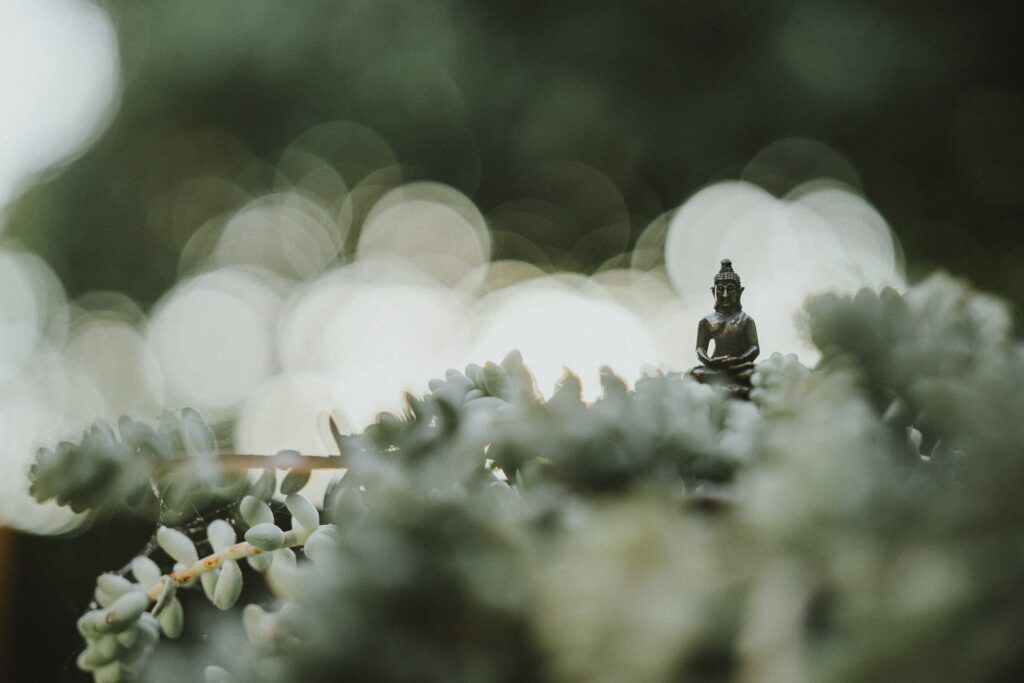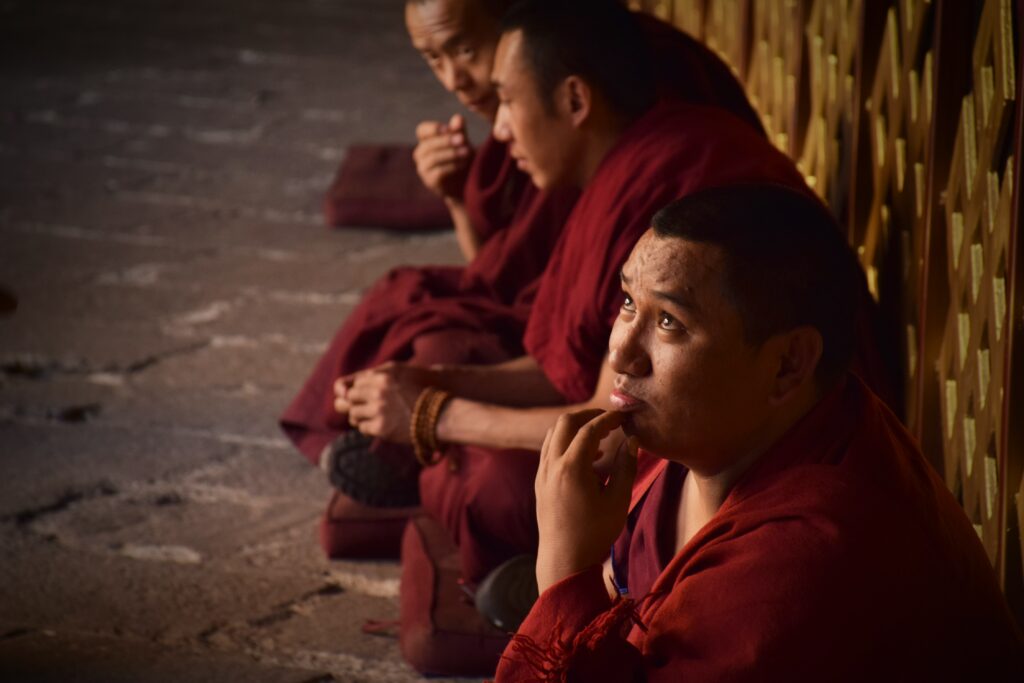Homes and Castles
In Family Oriented, I briefly mentioned the home when I referenced the álfar, who in some cases were thought to attend the lands of their families. “Home,” today, is – or should be – a safe respite from the harsh world, a place in which we are surrounded by those with whom we share frith, and the place where we store our “stuff”. For homeowners, it is likely our single largest purchase and it is often the best investment we’ll ever make.
The Old Norse term vættir refers to a wight (Old English), a somewhat ambiguous term that seems to boil down to what we might call “sentient beings,” including those that we may not be able to see with the naked eye. All people, including the ancient heathens, were animistic at one point in time, meaning that they believed that “various objects, places, and creatures possess distinctive spiritual qualities.”[note]https://en.wikipedia.org/wiki/Animism[/note] I am of the opinion that it behooves us not to overthink this one; coming from the Latin word anima (“breath, spirit, life”), I believe that animism in the modern era reminds us to value the lives of things that aren’t human.
Animism goes beyond the respect for that which breathes, however; there are many special places in nature to which our ancestors attributed “spirit”. You’ve been there; that special place in the woods, by a stream, near a waterfall, or upon a car-sized, sun-drenched rock. Some places in nature just seem more special than others, and it is in such places that our ancestors may have considered spirits of the land – landvættir – to live. Perhaps the land upon which your home rests is a place of landvættir. At the very least, it is the land of your home, and it is therefore special.
It was also envisioned that there were house-spirits – husvaettir – that inhabited one’s dwelling alongside the humans. Whether they are inhabitants or the embodiment of the structure’s spirit (again, let’s not overthink) is impossible to say, but many a modern heathen has spoken of the effects of keeping their house spirits happy (or, conversely, the effects of neglecting them).
“Home” is a sacred place; a spiritual place. It is the frithstead, the place – as I previously mentioned – that we share with those with whom we share frith. (For a home to be happy, frith is a requirement; this is why we have a heathen-only rule for long-term residency.) It might be easy to take it for granted, but perhaps we should view our homes with the same degree of sacredness that the Christian views his or her church sanctuary. For heathens, it is where we conduct our rites, eat our meals, and gather for holidays.
The idea of landvættir and husvaettir may not seem very realistic to modern folk, with our scientific-materialist worldview, but consider for a moment what this means in terms of heathen practice. We honor the spirit(s) of the land, and the spirit(s) of our home, meaning that we stop to think of home and land and its value… not merely as “property” but as living spaces and places with which we coexist. There may well be little invisible critter bebopping around my house – I don’t know – but what I do know is that there is value to me in seeing my home and land as more than objects for which I have a deed.
In the old days, the hearth was the center of the home; the heart, if you will. We are fortunate to have a hearth, even though it is powered by natural gas. There is a stone, bowling-ball size albeit less round, that sits by the hearth; that’s “home” for the spirits of our house. I bring it coffee, coffee which eventually goes into the yard (“from us, to the earth, to the gods”) and it brings me a sense of centeredness; a focal point for the life of this house in which we live. In the back yard, there is a much larger rock which serves a similar purpose.
Raised, as many of us have been, among southern Christians, where “God” and his nemesis Satan are “real,” heathenry with its myriad spirits and gods might seem like a step back. Heathenry, however, like all forms of paganism, is orthopraxic rather than orthodoxic; it matters what we do, and not a whit what we believe. Think only about what we do… we stop, we honor, we thank. We see the grass and the rocks and the trees, the squirrels and the birds and the possums and the raccoons; we touch the walls, the floor, the mantle, and we appreciate the barrier that helps us be cool in the summer and warm in the winter. We take a moment and in that moment we choose not to take it to take any of it for granted.
Heathenry, then, is first a bond with people, but second, a bond with land and home. In the old days, one’s land was often the place of their birth, their life, and their death, and the heathens of old often thought that the dead stayed with their land, at least for a time. Heathen times were when families stayed together, generation after generation, life after life, and death after death.
Is it far-fetched to think that we can rebuild this? Perhaps. It is never the wrong time, however, to do the right things. Families, family homes, and family homesteads are the most precious and valuable things that we can build in our short lives. Nothing matters more. And in family was born the clans and the tribes; the latter being the most successful form of human societal organization in human history.














Post Comment